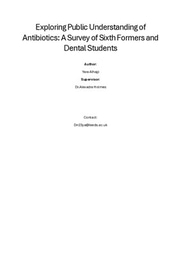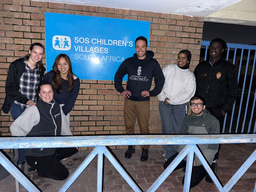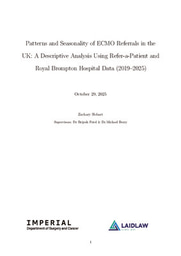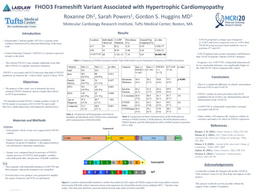My leadership in action summer experience
During my second Laidlaw project, which was a mixture of research and infield application, I was given the opportunity to work in the lab as well as engage in public engagement activities under the supervision of Dr Mona Bajaj-Elliott at the Institute of Child Health at UCL. As part of my research, I have worked in the tissue culture, growing intestinal epithelial cell lines in vitro and then conducted different experiments. I have learned how to do RNA extraction, transepithelial electrical resistance measurements and confocal microscopy. Apart from bench work, I have also undertaken confocal microscopy training, analysis of images and literature research in my lab-free time. I have also visited the Great Ormond Street Hospital, where I have seen children affected by intestinal inflammatory diseases. This made my research very translatable and critical, giving me a strong sense of purpose.
An important skill, that was challenged during my project, was resilience. During my bench research, the incubator broke down, which caused a dramatic increase in CO2, stressing my cell lines immensely. This has lead to most cells dying, resulting in a delay of experiments of two weeks, because new cells had to be grown and the stressed ones had to be recovered. This experience, together with my work after this equipment breakdown (when I had to work under time-pressure to finish all experiments), really increased my resilience. I had to keep my focus on the research findings that I wanted to get out of this project, while keeping up my mental health, when working many hours in the lab. It showed me that I was stronger and more reliable and adjustable than I had previously thought, which in turn again improved my confidence. Equally, these experiences proved my determination to achieve by conducting this research project.
Furthermore, I have co-organised the Mini-Symposium Harnessing the Gut Microbiota for Better Health with UCL Great Ormond Street Institute of Child Health. This was a completely new experience for me, where I got to work alongside academic staff and research scientists, which made me really feel part of the research environment. Additionally, I engaged with the public by creating a short online presentation on antimicrobial resistance for Rise of the Resistance Festival (June 2021), aimed at children and adolescents, which was shown during the online festival and is also available on YouTube. Here is the link: https://www.nosocomial.online/amr?pgid=kpk8x4gi-9b009057-8aca-4641-b97f-fa8732437225
I have gained critical communication skills, by initiating conversations with UCL staff as well as the speakers and my advertisement outreach activities. I have become more confident in approaching new people, that are also much more knowledgeable than me, and effectively communicating my needs. Furthermore, creating a short online presentation for the Rise of the Resistance Festival improved my ability to clearly communicate complicated science in a simple way to children and adolescents.
Additionally, I also learned a lot about effective communication by experiencing my supervisor, when helping out with an A level student workshop. Hereby, I noted how my supervisor effectively communicated her points when doing a short presentation on microbiology, and addressed each individual student, which made the workshop very engaging. Furthermore, during meetings with potential collaborators, I was impressed by my supervisor´s ability to communicate her point effectively and negotiate to find a win-win for both parties by a research collaboration. Moreover, during the lab project, I have learned to approach different people, such as PhD students, post-docs and technicians, as experts in certain areas such as confocal microscopy to discuss the best way of doing a particular experimental procedure. This made me aware of how important collaboration and communication is, and it increased my self-confidence and belief in my own leadership abilities.
My public engagement and research activities made me a better leader. I grew as a person not only by improving technical skills in the lab, but I could also apply my knowledge and research to educate the public and engage with those affected by my research. It made me more aware of what a personal impact I can have on others, making me more responsible and conscientious, giving me a purpose that I would like to continue pursuing in the future.





Please sign in
If you are a registered user on Laidlaw Scholars Network, please sign in